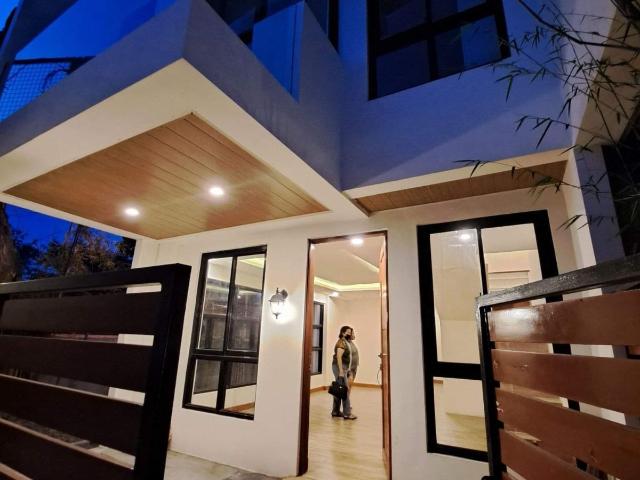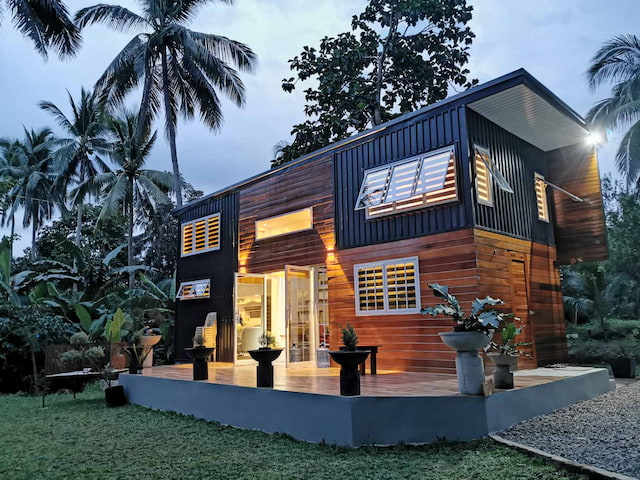
Singapore, known for its bustling economy and vibrant real estate market, has been significantly influenced by various government policies over the years. The dynamic interplay between economic measures, housing regulations, and geopolitical factors has a profound impact on the property landscape in this city-state. In this article, we delve into the intricacies of how government policies shape Singapore’s real estate prices.
The Regulatory Landscape
1. Housing Development Board (HDB) Policies
One of the cornerstones of Singapore’s housing policies is the Housing Development Board (HDB). With a mission to provide affordable and quality living spaces for the population, HDB plays a pivotal role in shaping the real estate market. Government subsidies, housing grants, and resale regulations administered by HDB directly influence property prices, ensuring accessibility for a broad demographic.
2. Cooling Measures
In response to the volatile nature of the real estate market, the Singaporean government has implemented a series of cooling measures. These measures are designed to curb excessive speculation and maintain stability. From Additional Buyer’s Stamp Duty (ABSD) to loan-to-value limits, each policy has a cascading effect on property prices, preventing bubbles and ensuring sustainable growth.
Economic Factors
1. Monetary Policy
The Monetary Authority of Singapore (MAS) plays a crucial role in influencing real estate through its monetary policy. Interest rates and liquidity management directly impact mortgage rates, influencing the demand for property. Understanding the intricacies of MAS policies is essential for comprehending the economic forces that shape Singapore’s real estate landscape.
2. Economic Growth and Foreign Investment
Government policies promoting economic growth and attracting foreign investment also impact real estate prices. Singapore’s status as a global financial hub and a preferred destination for multinational corporations has led to a continuous influx of expatriates and foreign investors. This demand has a direct correlation with property prices, creating a competitive market influenced by international economic factors.

Geopolitical Considerations
1. Global Events and Market Sentiment
Singapore’s real estate market is not insulated from global events. Geopolitical tensions, economic downturns, and pandemics can significantly impact market sentiment, influencing buying and selling decisions. Government policies respond to these external factors, introducing measures to mitigate risks and stabilize the real estate sector.
Future Outlook
As Singapore continues to evolve, so will its real estate landscape. Anticipating future government policies and their potential impact on property prices requires a comprehensive understanding of the nation’s economic goals, social objectives, and global positioning. Investors, homeowners, and industry experts must remain vigilant, adapting to a dynamic regulatory environment.
Conclusion
In conclusion, the interplay between government policies and Singapore’s real estate prices is a complex and dynamic relationship. From housing regulations to economic stimuli, each policy creates a ripple effect, shaping the market and influencing investment decisions. As stakeholders navigate this ever-changing landscape, staying informed about government initiatives and their potential implications becomes paramount for success in Singapore’s real estate arena. Feel free to visit Irwin Hill Residences for more tips and information about Singapore real estate prices.
